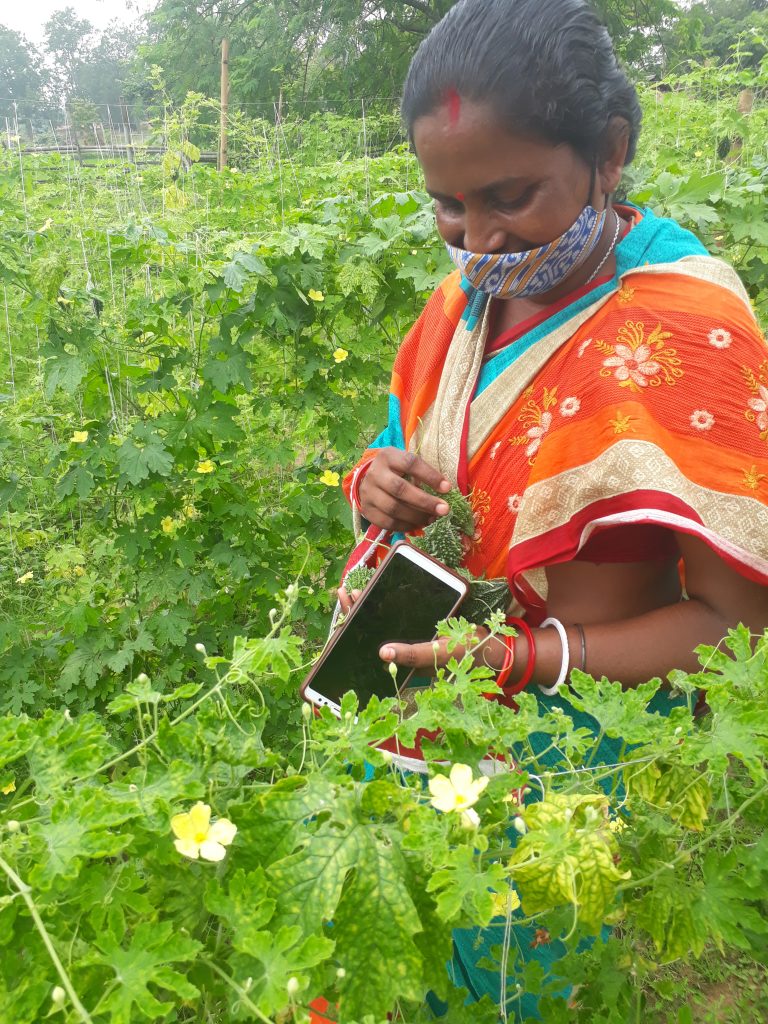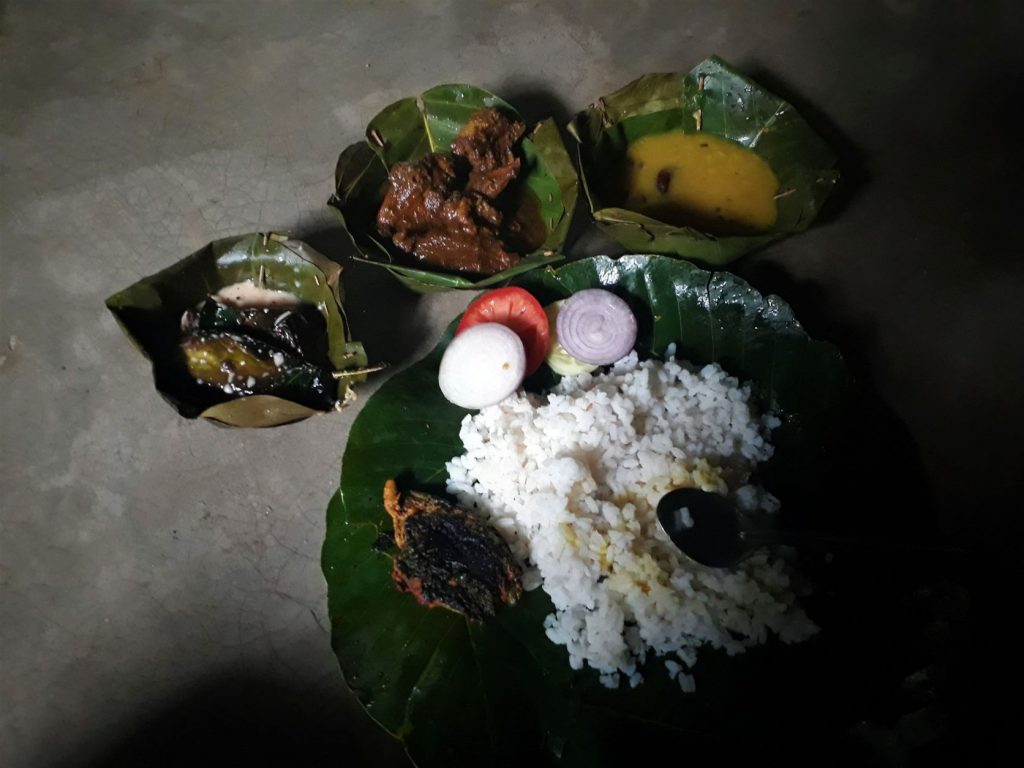Many women in Odisha are not allowed to partake certain foods during pregnancy and after they start lactating. Krushna Chandra Barik, who works on maternal health and nutrition, has encountered this problem in several districts, writes Deepanwita Gita Niyogi
Geeta Das, a Bathudi tribal woman, is a resident of Bhagamunda village in Harichandanpur block of Keonjhar, a district in Odisha impacted by mining. Even today across its several villages women face restrictions when it comes to dietary habits during pregnancy.
Das, who has been married for 18 years and has two children, said it is a common practice to deny women mutton, jackfruit and mushrooms when they are with child. There is a perception that if these food items are consumed, the health of the unborn baby will be impacted.
Many women, especially belonging to tribal communities of Odisha, are not allowed to partake certain foods during pregnancy and after they start lactating. Krushna Chandra Barik, who works on maternal health and nutrition as a consultant, said he has encountered this grave issue in Kalahandi, Koraput and Mayurbhanj districts too. “Besides shocking practices revolving around the dietary habits of pregnant women and lactating mothers, primitive tribes like the Juangs face problems when it comes to food accessibility. This is true more in the case of women,” he said.

The government has several programmes to take care of the dietary needs of pregnant women but Barik considers these as flawed. He added that many pregnant women and lactating mothers take home dry ration distributed under the Integrated Child Development Services. But instead of eating themselves, the food items are distributed among family members and the actual beneficiaries remain deprived.
Along with restrictions placed on food consumption and what not to eat during pregnancy, this practice also impacts women’s health in rural areas. Sattu, a type of pulse flour which is usually given as part of dry ration, is given away to cattle in the hope of getting more milk. Sattu is rich in protein and should be consumed by women.
Dietary restrictions
Researcher Delliswararao Konduru from the Department of Anthropology at Pondicherry University pointed out many restrictions pertaining to food originated to protect women in the old days but are now unscientific and prejudiced in nature.
He said that avoiding certain foods like fish, mushrooms and pumpkins can lead to nutritional disorders and even anaemia in pregnant women. Certain varieties of mushrooms are rich in iron and avoidance during pregnancy affects women’s health.

India has a high prevalence of anaemia among women. The National Family Health Survey-5 report says 57 percent women in the country between 15 and 49 years are anaemic. According to the Global Nutrition Report 2022, one in three women globally aged 15 to 49 years are affected by anaemia, particularly during pregnancy.
Eggs rich in protein are a solution. But uncooked eggs distributed at anganwadi centres are also taken home, cooked and eaten by all family members, added Barik, who blamed the lack of follow-up mechanisms on part of the government.
Apart from dietary restrictions and the lack of food accessibility, not consuming diversified food also affects women’s health. “The food habit in many parts of rural Odisha mainly consists of rice and saag (leafy greens) which is not adequate,” Barik said.
In Keonjhar where local food diversity is high, there is also a wrong perception that locally available fruits like bananas do not have adequate nutrients. The dependency is more on apples and grapes bought from the market. During illnesses, these two foods are more preferred.
Social problem
Besides dietary restrictions, there are other problems too related to society. In a highly patriarchal set up like India, women neglect eating. They eat after their in-laws and husbands due to cultural norms. This often leads to shortage of cooked food as most of it is consumed by other family members. High burden of work such as cooking, looking after children and fetching water also impacts the diet timings of women.
Savitri Munda, a tribal woman from Keonjhar’s Barhatipura village, has heard about such restrictions. Munda, who delivered her daughter in the hospital, said such a practice was common about a decade back but in a few places the situation has improved.
“I did not keep restrictions during my pregnancy and consumed everything. The anganwadi worker explained to me that women should eat everything during pregnancy,” Munda added. However, Das said that sometimes adequate food is not available in the villages and rural markets are far away. So, women have to adjust with whatever is available locally.
Barik said when Das was pregnant with her first child, he arranged a meeting with women and made them understand that they should not follow dietary restrictions. By the time she had her second child, attitudes had changed to some extent. But still, the consultant feels that there should be an integrated effort among self-help groups, anganwadi workers and community service providers to ensure such a practice fades away.
To improve the overall nutrition intake among women, the Mo Upakari Bagicha project, a nutrition initiative under the Odisha Livelihoods Mission in partnership with the Azim Premji Philanthropic Initiatives, was conceptualised around 2018. It aims to increase the dietary diversity among rural women by setting up nutrition gardens in villages. The aim is to set up three lakh gardens at the household level.












